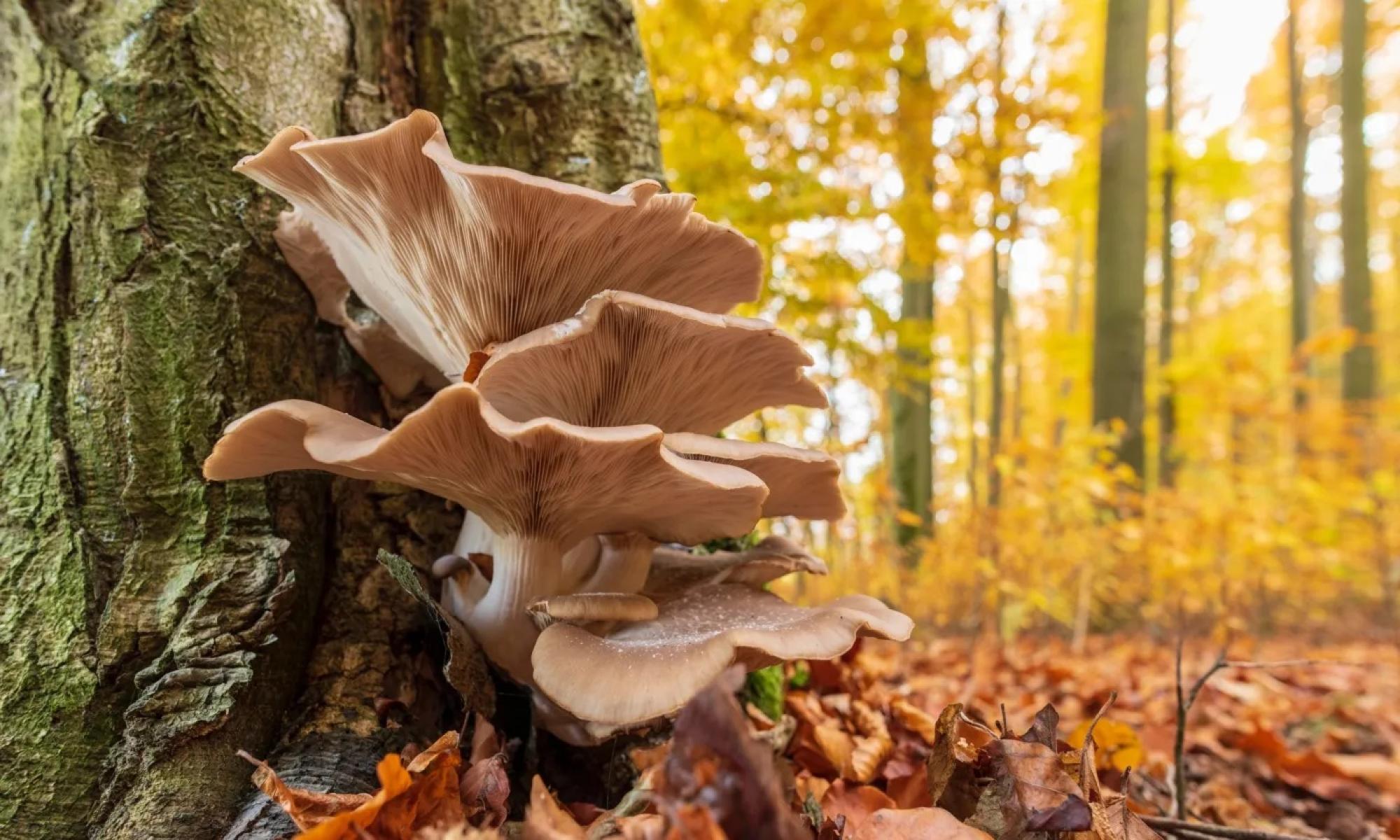Related Stories
Mushrooms Clean Up Toxic Mess, Including Plastic. So Why Arent They Used More?
Key Excerpts from Article on Website of Yes! Magazine

Posted: August 2nd, 2020
https://www.yesmagazine.org/environment/2019/03/05/mushrooms...
When wildfires burned across Northern California in October 2017, they killed at least 43 people and displaced another 100,000. The human toll alone was dire, but the fires also left behind a toxic mess. The charred detritus of paint, pesticides, cleaning products, electronics, pressure-treated wood, and propane tanks left a range of pollutants in the soilincluding arsenic, asbestos, copper, hexavalent chromium, lead, and zinc. In Sonoma County, a coalition of fire remediation experts, local businesses, and ecological activists mobilized to cleanse the foundations of burned-out buildings with mushrooms. The Fire Remediation Action Coalition placed more than 40 miles of wattlesstraw-filled, snakelike tubes designed to prevent erosioninoculated with oyster mushrooms around parking lots, along roads, and across hillsides. Their plan? The tubes would provide makeshift channels, diverting runoff from sensitive waterways. The mushrooms would do the rest. The volunteers, led by Sebastopol-based landscape professional Erik Ohlsen, are advocates for mycoremediation, an experimental bioremediation technique that uses mushrooms to clean up hazardous waste, harnessing their natural ability to use enzymes to break down foreign substances. Mushrooms [have been used to] clean up oil spills in the Amazon, boat fuel pollution in Denmark, contaminated soil in New Zealand, and polychlorinated biphenyls, more commonly known as PCBs, in Washington state’s Spokane River. Research suggests mushrooms can convert pesticides and herbicides to more innocuous compounds, remove heavy metals from brownfield sites, and break down plastic. They have even been used to remove and recover heavy metals from contaminated water. Research suggests mushrooms can convert pesticides and herbicides to more innocuous compounds, remove heavy metals from brownfield sites, and break down plastic.
Note: The stunningly beautiful documentary Fantastic Fungi takes you on an amazing journey through the wild and wonderful world of mushrooms. Explore a treasure trove of concise summaries of incredibly inspiring news articles which will inspire you to make a difference.
Related Stories
Top Inspiring News Articles
Top Inspiring News Articles from Years Past







































































